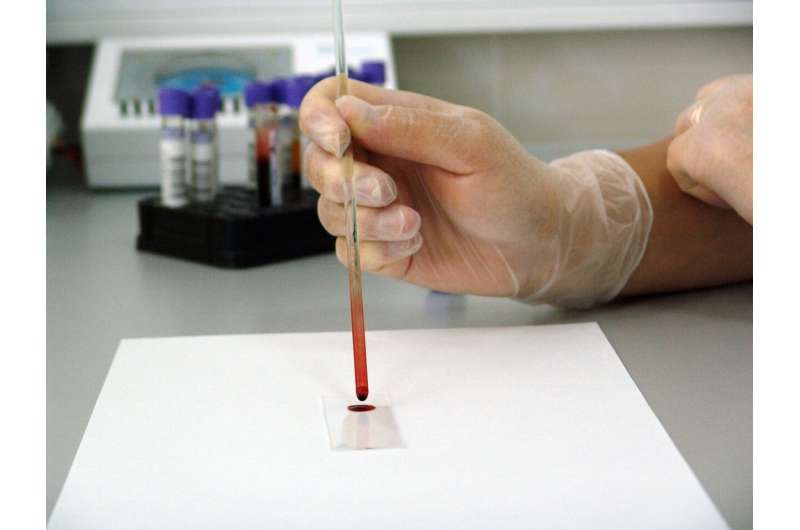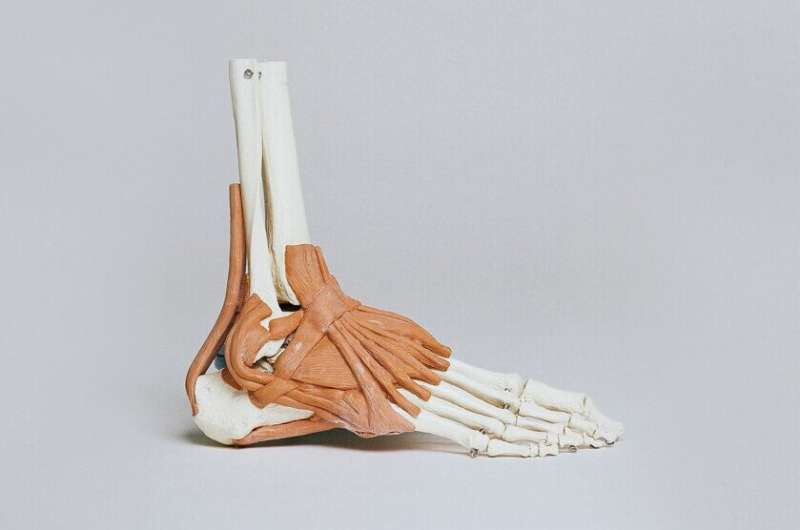Understanding Why Detecting Illnesses Often Requires More Than Just a Few Drops of Bodily Fluids

Discover why most medical diagnoses still depend on larger sample volumes of blood, urine, or saliva to ensure accurate and reliable results, despite advances in testing technology.
In recent years, there has been growing interest in using minimal amounts of blood, saliva, or urine for medical diagnosis, promising faster and less invasive testing methods. However, the reality is that most diagnostic tests require larger sample volumes to accurately identify health conditions.
Back in the 2000s, biotech company Theranos claimed to revolutionize blood testing by using just a finger prick to perform hundreds of tests. Their technology suggested that a single drop of blood could replace traditional blood draws, making testing quicker and more accessible. Despite raising hundreds of millions of dollars and reaching a valuation over US$9 billion, Theranos' technology ultimately proved faulty. It was revealed they were using standard laboratory machines secretly while claiming their own device was performing the tests, leading to a major scandal. Founder Elizabeth Holmes was convicted of fraud and served time in prison.
Today, new startups like Haemanthus have entered the scene, claiming their innovative technology can diagnose diseases using very small sample amounts—such as a drop of blood, a saliva swab, or a few milliliters of urine. While technological advances have made this possible to some extent, the scientific challenges remain significant.
Blood, urine, and saliva each serve as critical diagnostic tools because they carry vital information about our health. Blood circulates through our entire body, transporting cells, hormones, nutrients, and waste products. It provides comprehensive insights into conditions like infections, organ function, and deficiencies when analyzed in laboratory tests, which usually require several milliliters of blood.
Urine, produced by the kidneys, offers a snapshot of bodily functions by revealing waste products filtered from the blood. It's useful in detecting urinary tract infections, kidney disease, diabetes, and liver problems. Urinalysis is non-invasive and easy, but factors such as hydration and diet can influence results.
Saliva, containing hormones, antibodies, DNA, and metabolites, is becoming an increasingly attractive diagnostic fluid. Tests for HIV antibodies, cortisol levels, and viral infections like COVID-19 already use saliva samples. However, saliva production varies among individuals and can be affected by food, drink, stress, and the time of day, which may impact consistency and reliability.
Despite these developments, most effectively diagnosing complex or multiple health conditions requires more comprehensive testing. Small samples can be suitable for detecting specific markers, like blood glucose levels in diabetics or certain urinary infections, but often fall short for early detection of cancer, hormones, or other low-abundance biomarkers.
While innovations in biosensors, machine learning, and biomarker discovery hold promise for the future, researchers emphasize caution. The science of detecting multiple conditions reliably with tiny fluid samples is still evolving. More rigorous research, validation, and regulatory approval are crucial to ensure these new methods are safe and accurate.
In summary, although the idea of ultra-small sample testing is appealing, current evidence indicates that most medical diagnoses need larger, more representative samples. This ensures reliable results and prevents misdiagnosis, which can lead to delayed treatment or unnecessary procedures. As technology advances, we may see more precise, less invasive testing methods, but they will need to meet strict standards before widespread clinical adoption.
Stay Updated with Mia's Feed
Get the latest health & wellness insights delivered straight to your inbox.
Related Articles
Innovative Antibody Cocktail Could Provide Broad Protection Against Seasonal Flu
A revolutionary antibody cocktail developed at The Jackson Laboratory shows strong promise for providing universal protection against various influenza strains, including potential pandemic variants, with resistance to viral escape and rapid deployment capabilities.
Innovative RNA-Based Therapy Targets Mutant Genes in Children's Rapid Aging Disease
A novel RNA-based gene regulation technique offers promising treatment for Hutchinson-Gilford Progeria Syndrome, potentially transforming how rapid aging in children is managed and opening new avenues for age-related disease therapies.
Innovative Lateral Approach in Total Ankle Replacement Demonstrates Long-Term Success
A groundbreaking lateral approach in total ankle replacement shows excellent long-term outcomes and implant durability, offering new hope for patients with end-stage ankle arthritis.
New Study Supports Intravenous Rehydration for Severely Malnourished Children
A new study demonstrates the safety and effectiveness of intravenous rehydration in severely malnourished children, potentially prompting revisions to global treatment guidelines.



